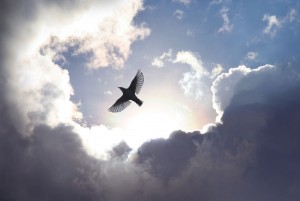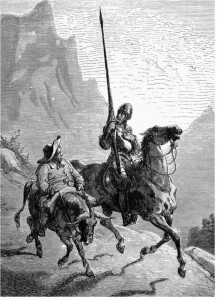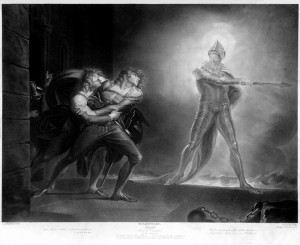 Why does everything have to die?
Why does everything have to die?
Life needs death to maintain a balance. Without one, you cannot have the other. Without death, living entities would multiply and consume everything, thus destroying all of creation. Consciousness provides for a balance by making life and death interdependent. Like the Apollonian energies of creation are balanced by the Dionysian energies of destruction, life and death are really two aspects of the same.
The renowned mythologist, Joseph Campbell, answers this question by demonstrating how Life lives on Death. In order to continue its existence, Life Must Feed on Other Life. Life and death, as a consequence, are two sides of the same coin.
Who or What Dies When We Lose a Friend or Loved One?
When the brain dies, we don’t know what happens. In fact, “happening” stops, for our bodies are the vehicles by which we experience this world of time and space.
When the body dies, the tools to experience this world – our sensory apparatus – cease to function. The body, however, is not merely a shell or avatar, giving us sensory experiences. The body is animated by something deeply rooted in all life – consciousness. While consciousness is immanent (present in every part of this universe), it is also transcendent. So, when the body dies, consciousness does not, for it is of the transcendent.
As we think, we create time (within the brain). We orient ourselves in time and space with apodictic certainty that the rules of the duality, to which we are subject, apply across the universe. We therefore understand that everything is subject to this great cycle of Birth / Death / Rebirth.
Recognition of this great cycle, seen throughout nature, may have played a part in the 1st great act of civilization – burial of the dead. Through this act we honor the heroic act of being alive and struggling through the various levels of consciousness we discussed in Robert Johnson’s work.
This act represents a beginning in the shift from human animal to human spirit.
What Becomes of Consciousness After We Die?
As we noted before, while the body dies, consciousness does not. Transcendent Consciousness is not of duality (the world of time and space); it transcends our sensory experience but also gives rise to it.
Time and Space are intrinsic to our experience of duality. As we think, we are creating time. One cannot describe transcendence is it is beyond time and space, it is everything and nothing, it is and it is not; it is beyond the act of description itself.

